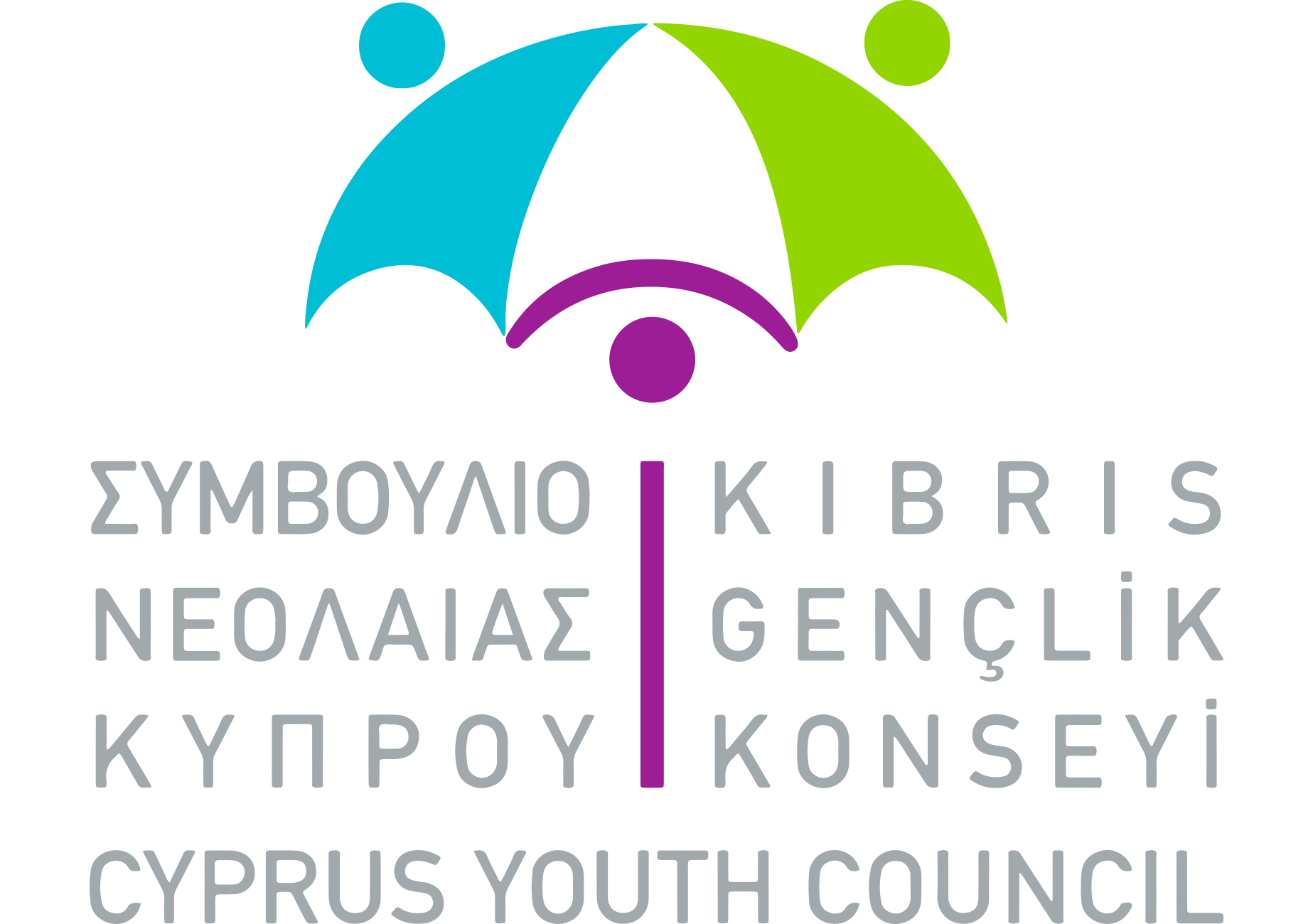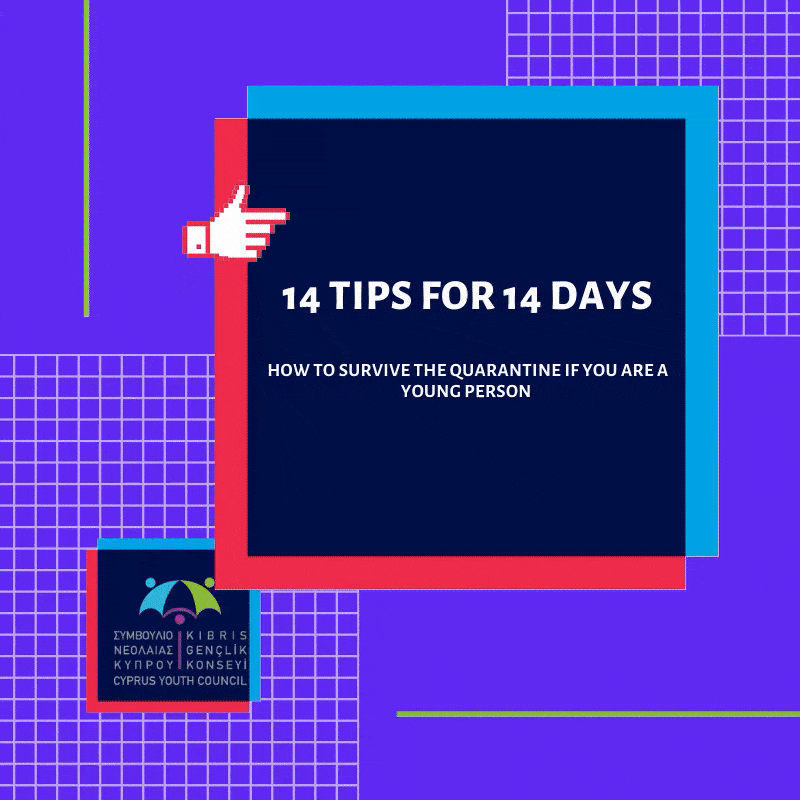
People who have or think they have COVID-19 symptoms, as well as those who have recently travelled abroad are asked to quarantine themselves for 14 days.
Although, the common narrative is that we should be thankful that the price we have to pay for stopping a global pandemic, is staying home and watching Netflix, the truth is a bit different.
Being in a lockdown or a quarantine creates real problems, from people losing their jobs to mental health issues.
For this reason, for the next two weeks we’ll be sharing a series of tips to help you get through the lockdown and get through sane.
14 tips for 14 days to survive the quarantine as a young person, by the Cyprus Youth Council!
Stay tuned, #stayhome and #staysafe!
#quarantinelife #14tips
Tip #1
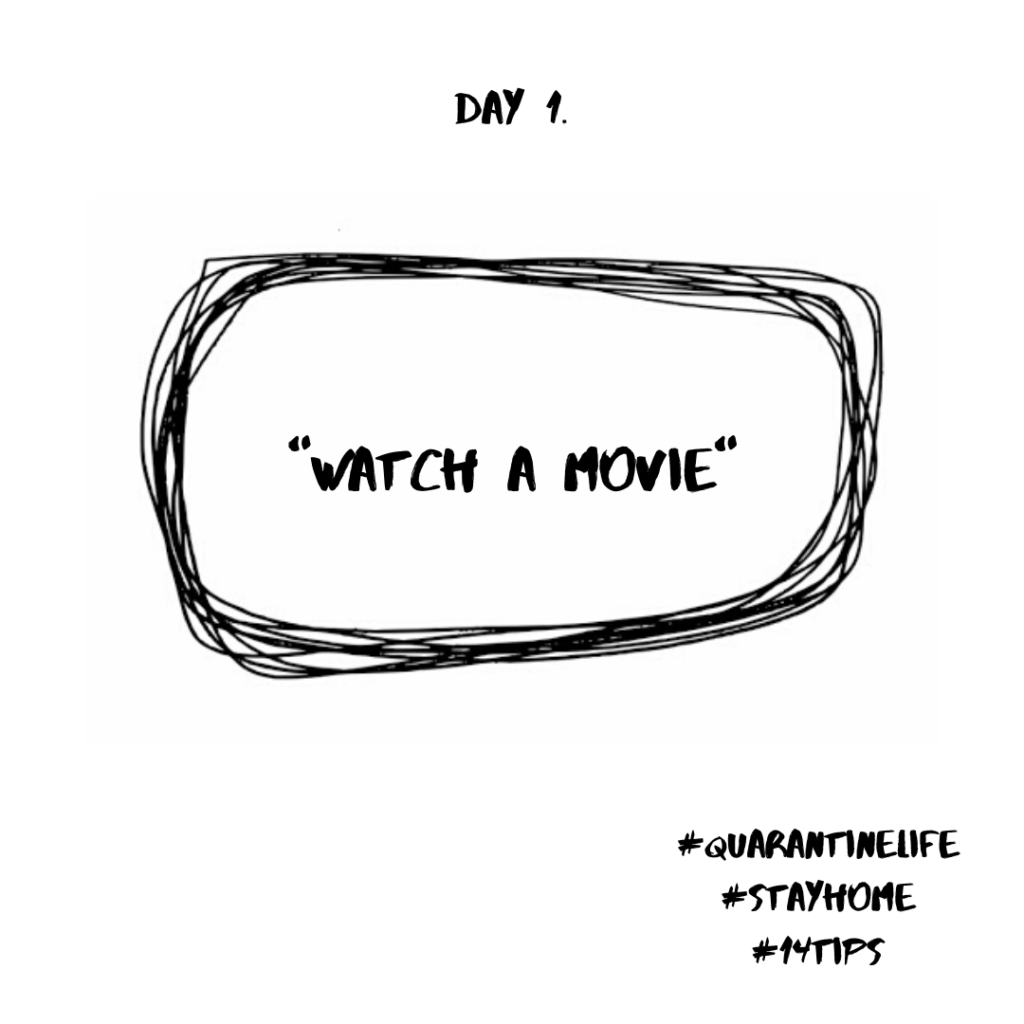
Hunger Games is set in an “alternative” reality dystopia where Gen-Xers rule the world and force young people to fight death. If you are under the age of 35 and do not want your life to be decided by other people, then participate in the EU Youth Dialogue and make your voice heard.
Visit our website EYDcyprus.eu and find out how you can participate in the political process.
Tip #2
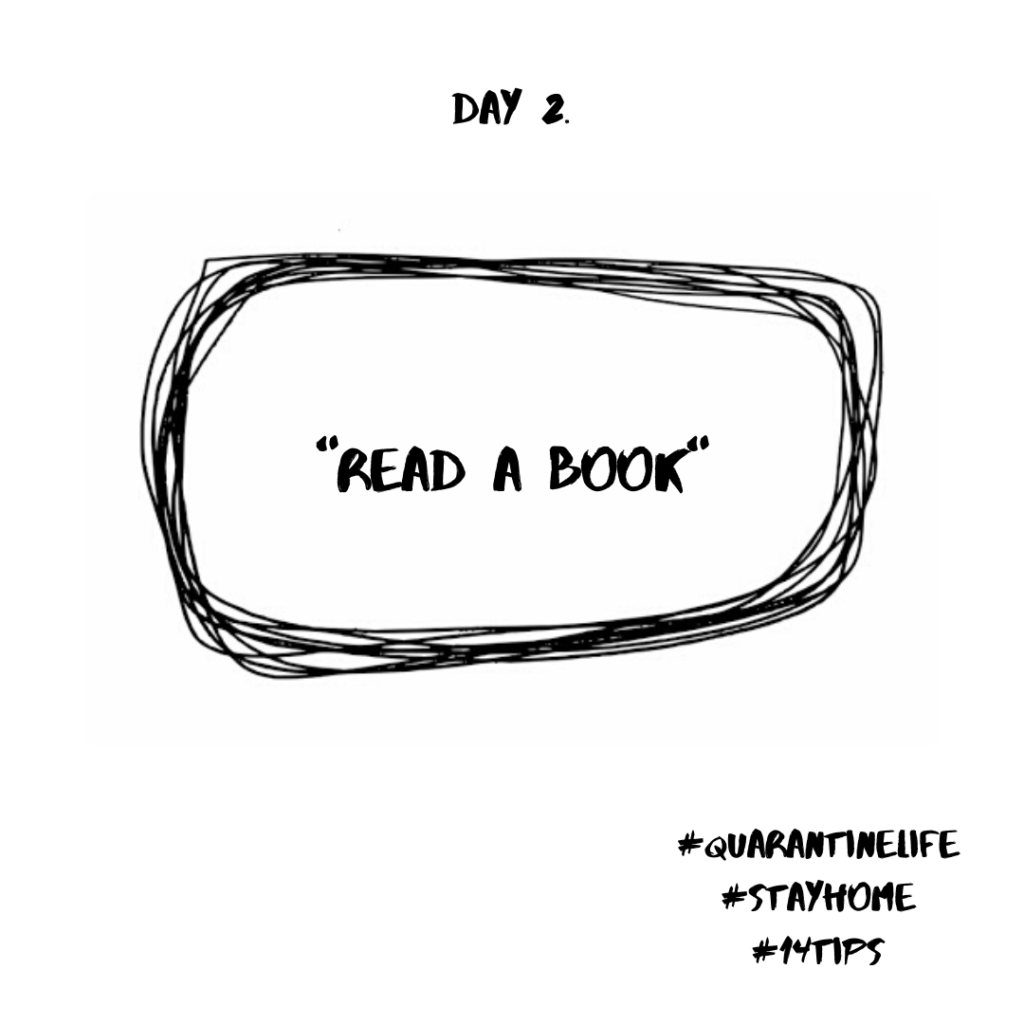
The novel Mrs Dalloway by Virginia Woolf is centred around the preparations for a party that Clarissa Dalloway will host the same evening.
However, it is much more. The book explores themes such as mental issues, feminism and bisexuality.
According to the European Union Lesbian, Gay, Bisexual and Transgender Survey, conducted by the European Union Agency for Fundamental Rights, 19% of LGBT people living in the EU were victims of hate-motivated harassment.
Sociodemographic analyses show that the young people and those with the lowest incomes are the most likely to have experienced incidents of hate-motivated harassment.
Tip #3
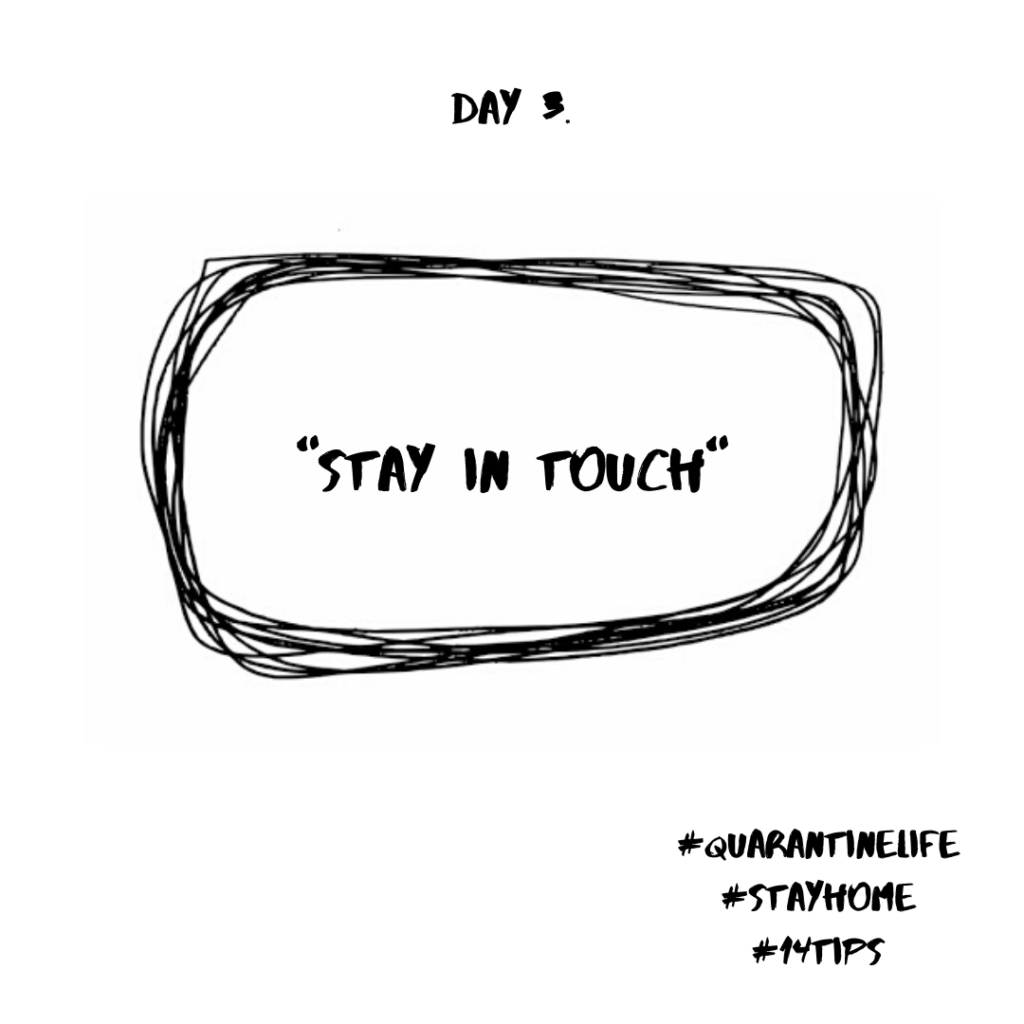
These days we might feel like we’re reliving the Middle-Ages and especially that not so pleasant period between 1347-1351 when the Black Death had its peak in Europe.
However, we can take solace in the fact that we live in 2020, where social media is king, and we can use them to stay in touch with our family and friends.
According to psychologists, social connection strengthens our immune system and helps us recover from disease faster. In addition, it can lower our rates of anxiety and depression.
In fact, 75% of mental health issues are established by the age of 24, while in 2016, suicide was the second leading cause of death among young people aged 15-29 years, after road injury.
Tip #4
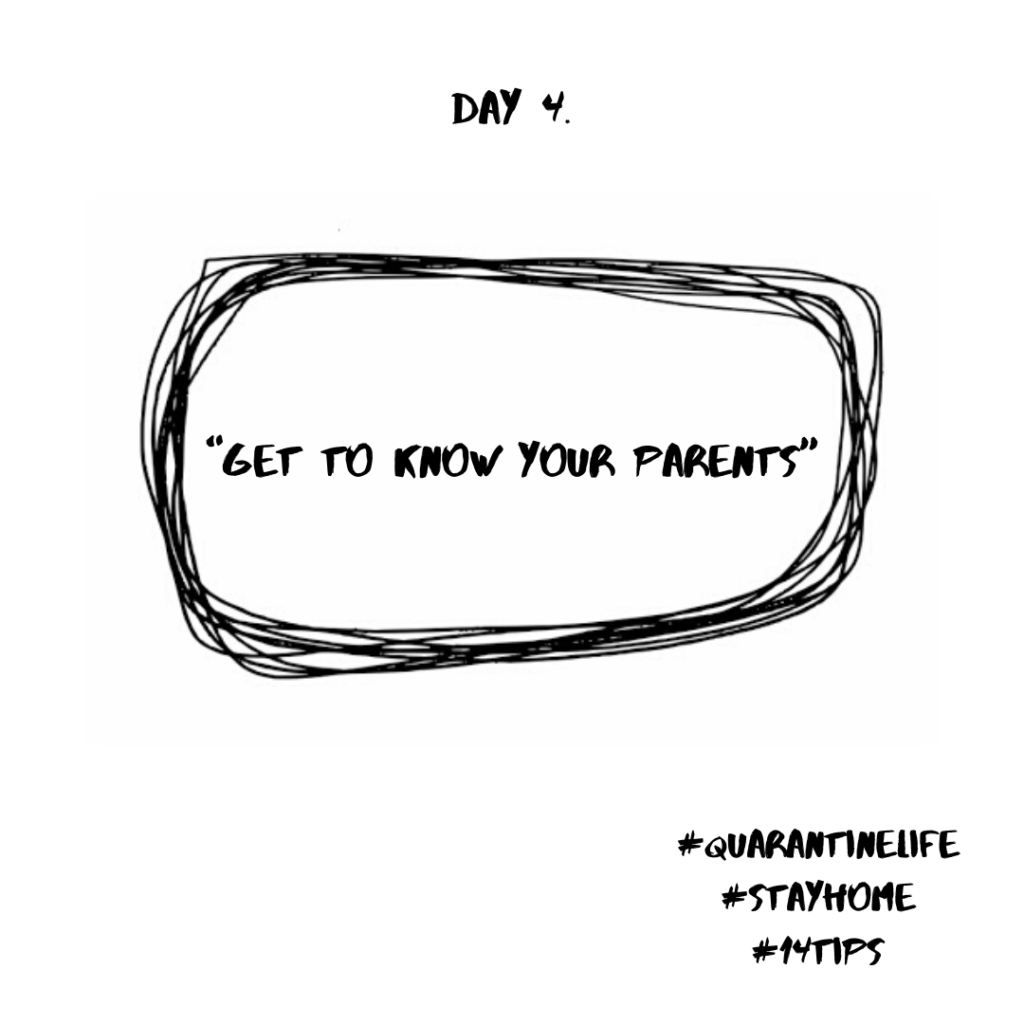
Many of us have always lived with our parents, but never truly appreciate their roles in our lives or take the time to ask them about their own lives.
Although, being in your 20s and in quarantine at the same house with your parents might sound like a horror movie script, it is also a change to truly connect with the people who created you and discover who they really are.
In fact, if you live in Cyprus, you are probably are in very good position to do that as, young Cypriots are more likely to live with their parents than their EU counterparts, according to Eurostat. The EU’s statistical service found that in 2018, 43.6% of people aged 18-34 in Cyprus were living with their parents.
Tip #5
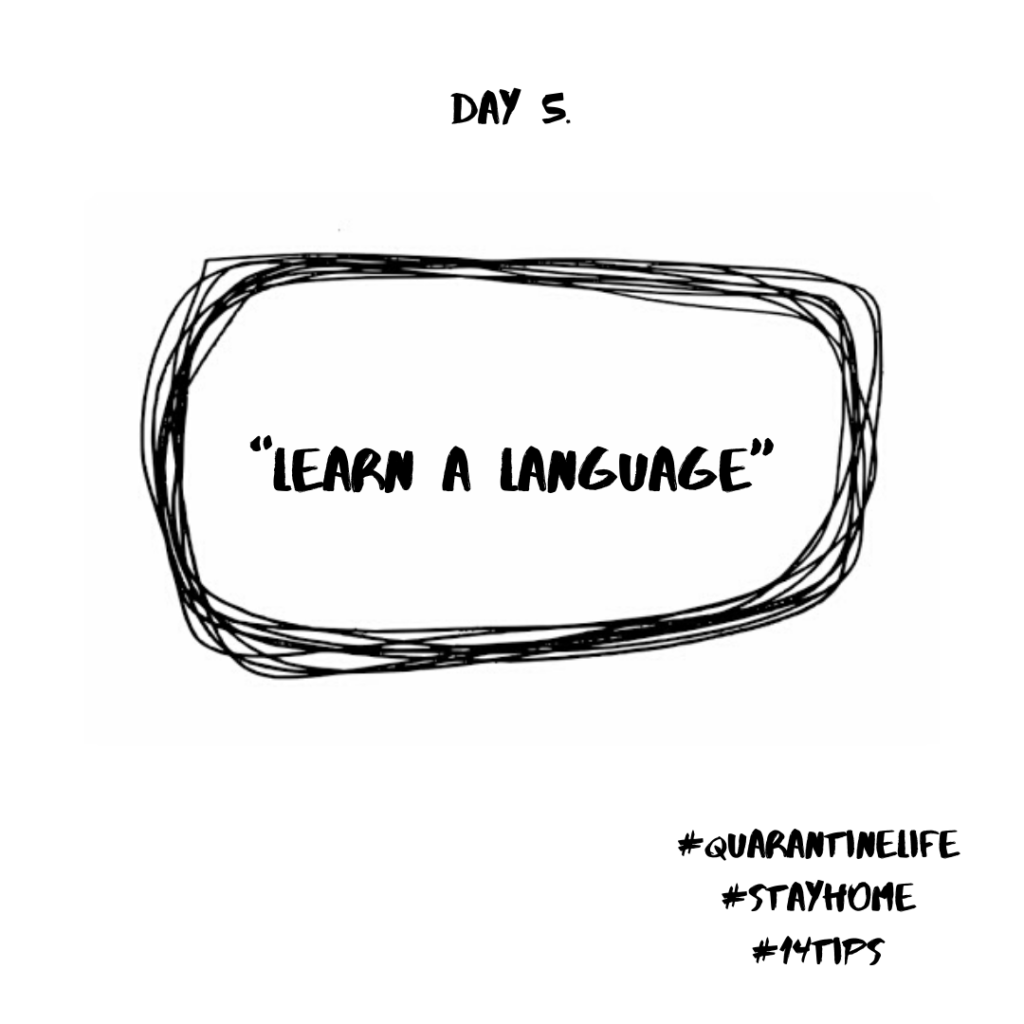
Language learning apps such as Duolingo, Babbel, Rosetta Stone and Memrise are becoming increasingly popular and can be quite handy for those who want to learn a new language while at home.
Although most people think that languages are best learned while under drinking age, there is still hope for us, who have already had a few beers.
According to research, as adults, we have longer attention spans and crucial skills like literacy that allow us to continually expand our vocabulary, even in our own language.
Tip #6
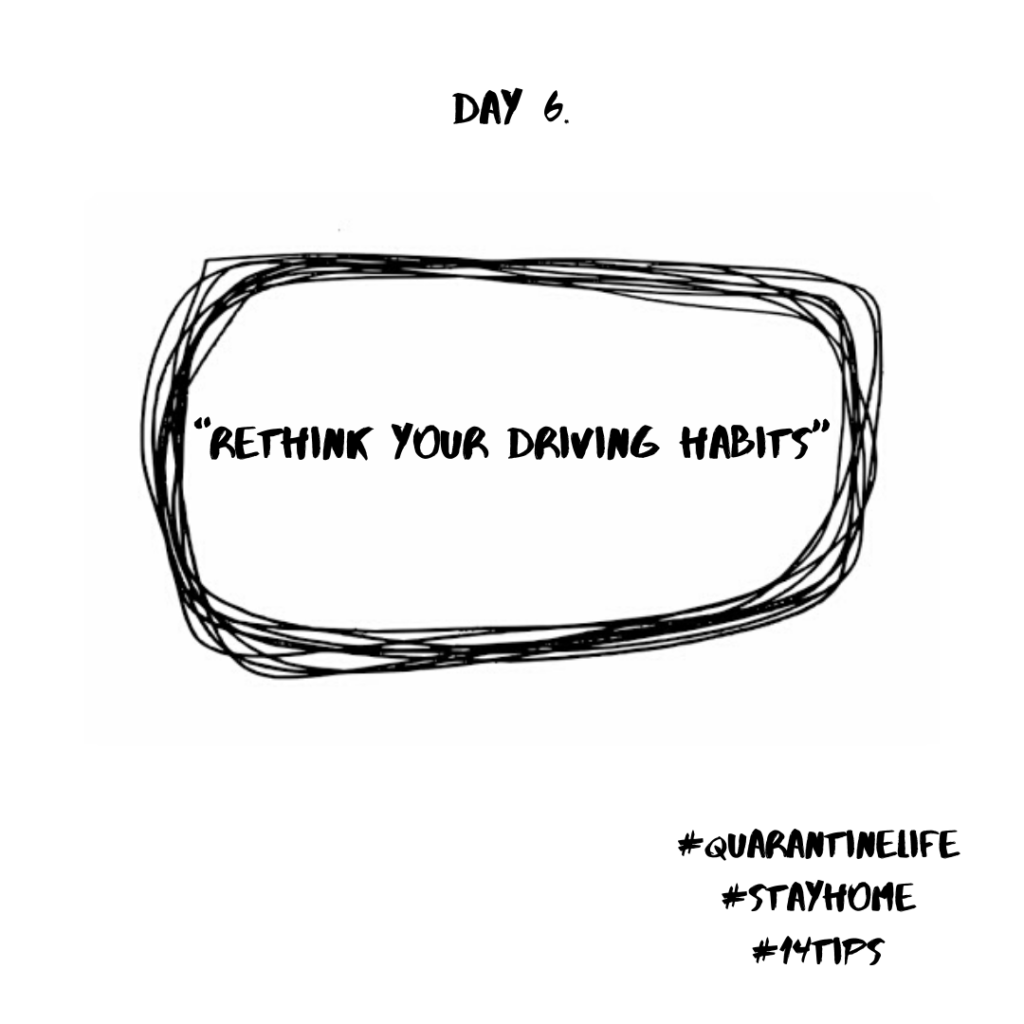
These days we might not be driving our cars that much, so we can all take some time to rethink our driving habits.
Why? Based on EU targets set in 2010, Cyprus is obliged to reduce road deaths to less than 30 a year, by the end of 2020. According to Eurostat figures, in 2018, 49 people died in traffic accidents in Cyprus!
Of them, 51% were aged between 25-39, with the leading causes of accidents being alcohol (30%), reckless driving (19%) and speeding (13%).
To contribute to the effort of reducing road fatalities, Cyprus Youth Council is running its own road safety campaign named #TakeCare.
Find more about it here https://www.youtube.com/watch?v=_HZrkUIXIh4
Tip #7
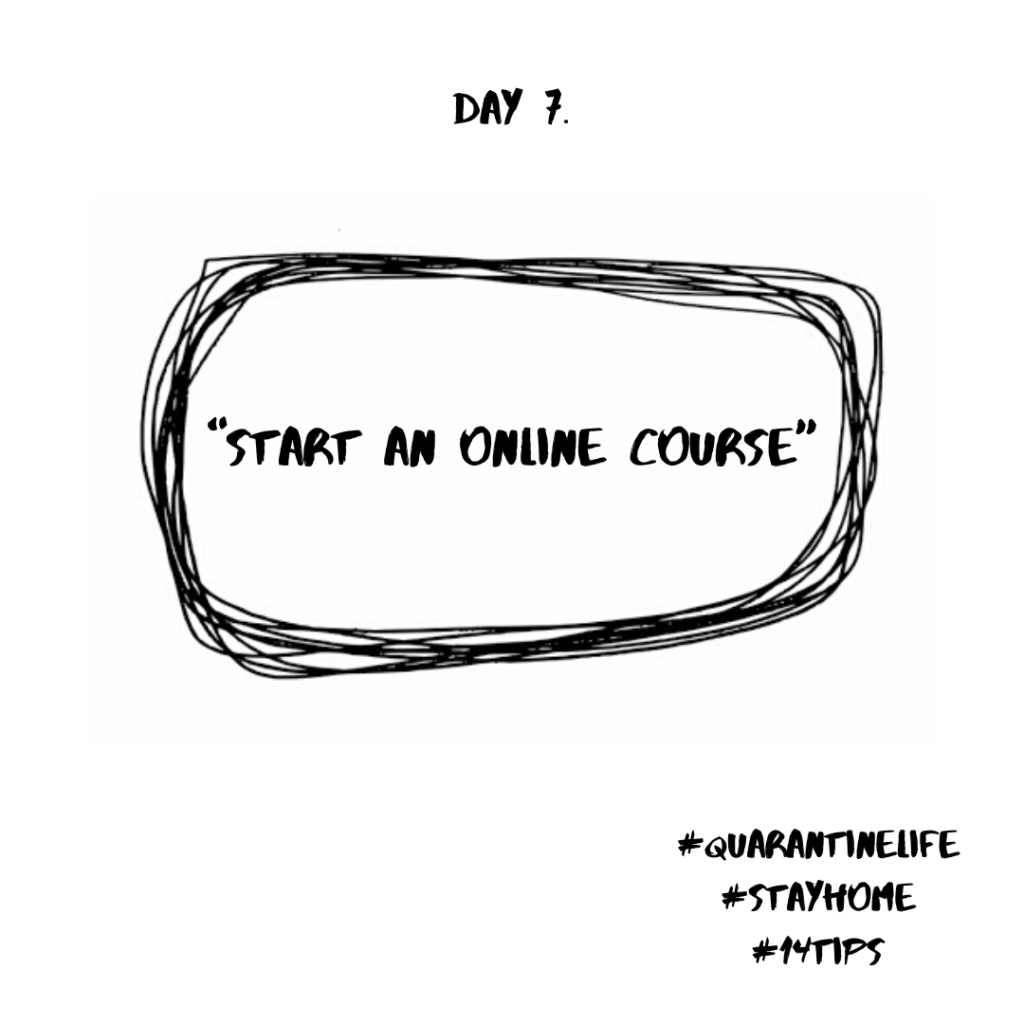
Remote education has gained ground in recent years. Now, we can find online platforms which offer courses for skill and professional development, such as Udemy, Coursera, Futurelearn, to full university degrees. Many of them at low or no cost.
People who seek education beyond high school are likely to be better off in terms of economic well-being, physical health and participation in political and community affairs.
However, we should keep in mind that not all young people have the opportunity to pursue higher education.
According to Eurostat, in 2018, 17.4% of people aged 20-34 in Cyprus, were neither in employment, nor in education and training (NEETs).
Tip #8
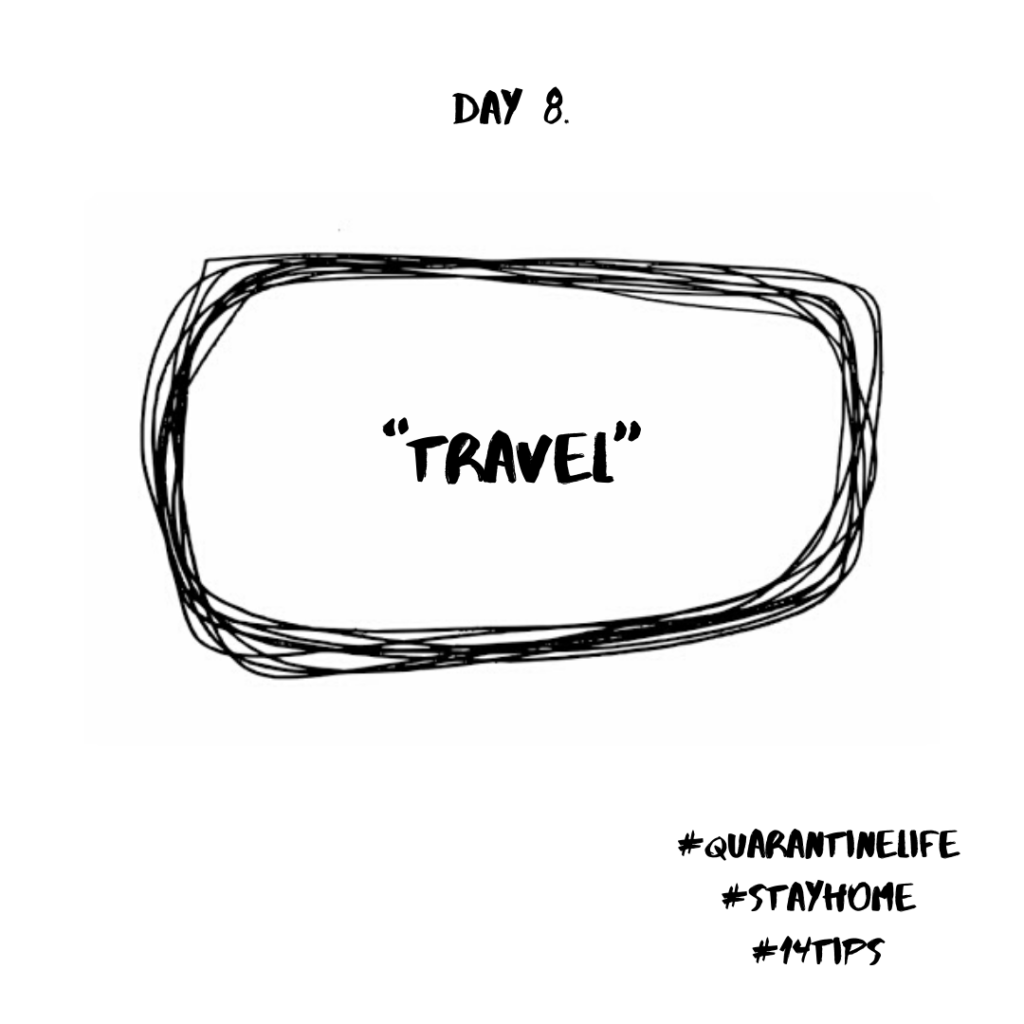
This tip might sound like exactly the opposite to what we should be doing at this moment, however there is still a way to go sightseeing without inflicting catastrophic damage to public health.
The website Virtual School Activities offers a collection of sites with live webcams, virtual tours/trips, and other miscellaneous fun things to do at some of the world’s most famous landmarks.
So whether you want to get a glimpse of the Louvre, the Pyramids, the British Museum or a 360° view of the Great Wall of China check out https://virtualschoolactivities.com/
After all, research shows that travelling not only benefit young traveler’s confidence and self-sufficiency, but also their cultural awareness, acceptance and adaptability.
Tip #9
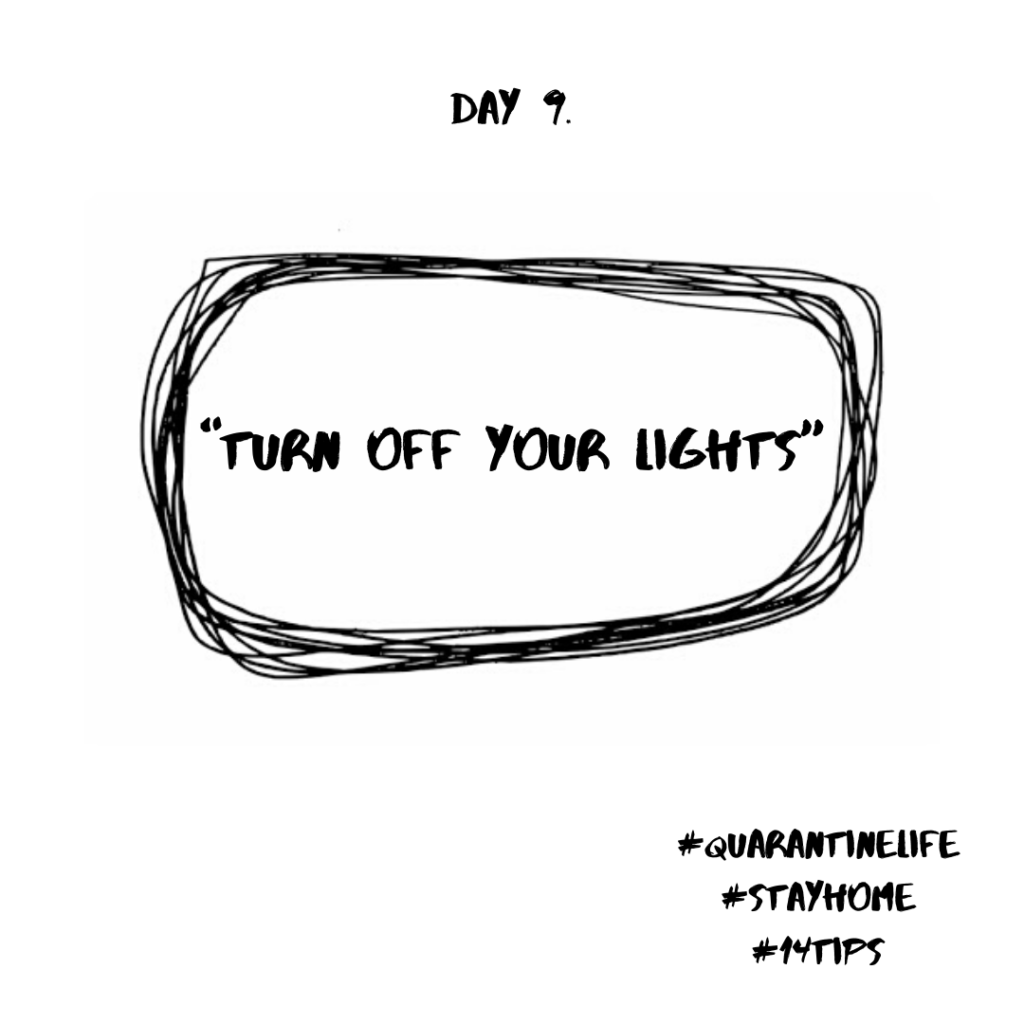
March 28 is the day for Earth Hour 2020 – Switch off your lights for nature!
Every year on the last Saturday of March, millions of people from all over the world turn off their lights symbolically for one hour to stand up for the environment.
This year, due to the exceptional circumstances we’re facing with the outbreak of COVID-19, Earth Hour will take place digitally.
Here, Earth Hour 2020: Cyprus, organised by Νεολαία Οικολόγων-Young Cyprus Greens and supported by the Cyprus Youth Council will feature a live link with Minus One.
So on March 28, between 20:30-21:30, turn off your lights, connect with the Facebook page of Νεολαία Οικολόγων-Young Cyprus Greens or with http://bit.ly/33ScP66 and take a pledge to save the planet!
Tip #10
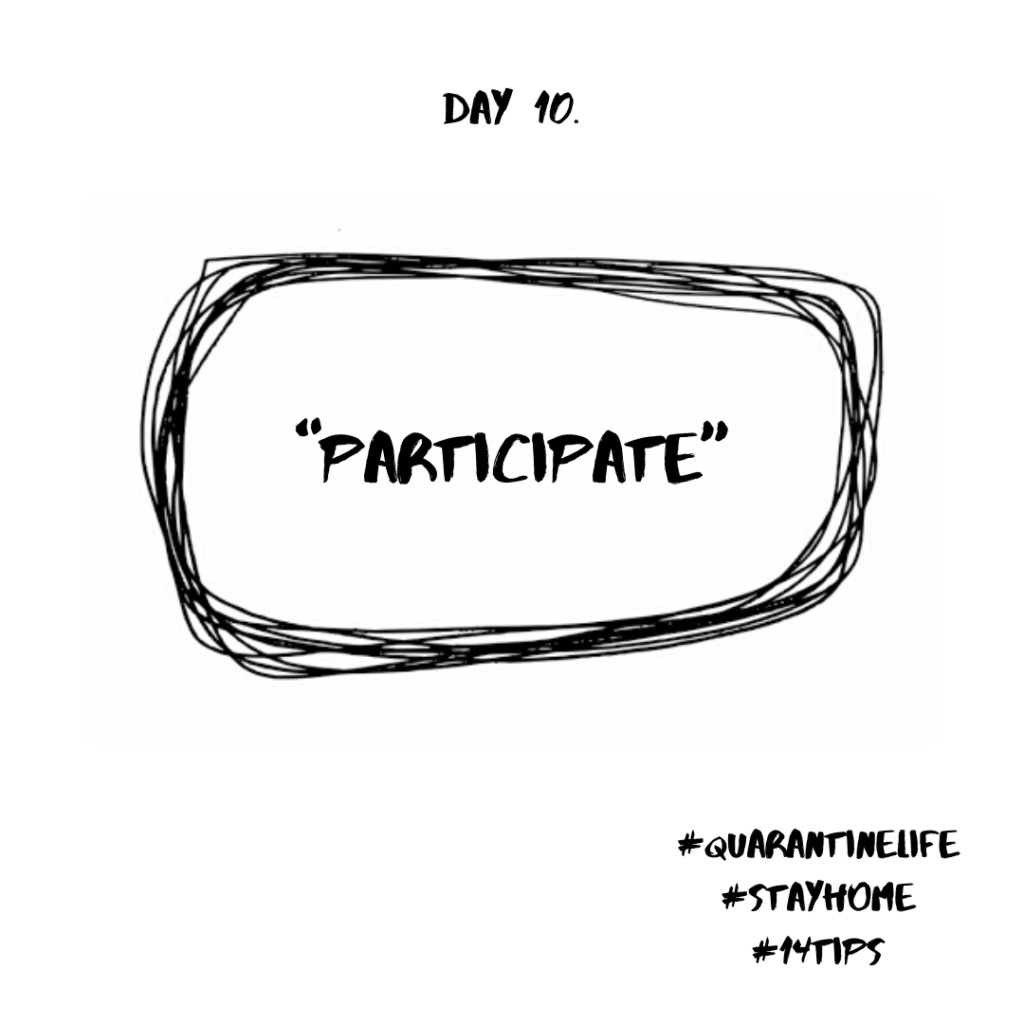
Youth apathy and distrust in instutitions are two of the biggest problems our societies face, exemplified by the low percentage of young Europeans who went to vote in the last EU elections (42% aged under 25/ 47% aged 25-39).
However, now that we all have a bit of free time in our hands, we’d like to introduce you some online platforms for political participation, which can make politics feel not so distant to you.
In Cyprus, Seed recently launched Pusula, a platform for civic engagement, which calls on people to share ideas on how to improve everyday life in the country and resolve issues of common concern. The idea that receives the most support by the public, will receive a funding of €50,000 in order to be implemented.
You can join Pusula and share your ideas at https://www.cypruspusula.org/
Also take a look at our own EU Youth Dialogue process at eydcyprus.eu and stay tuned for our upcoming online and offline consultations!
Tip #11
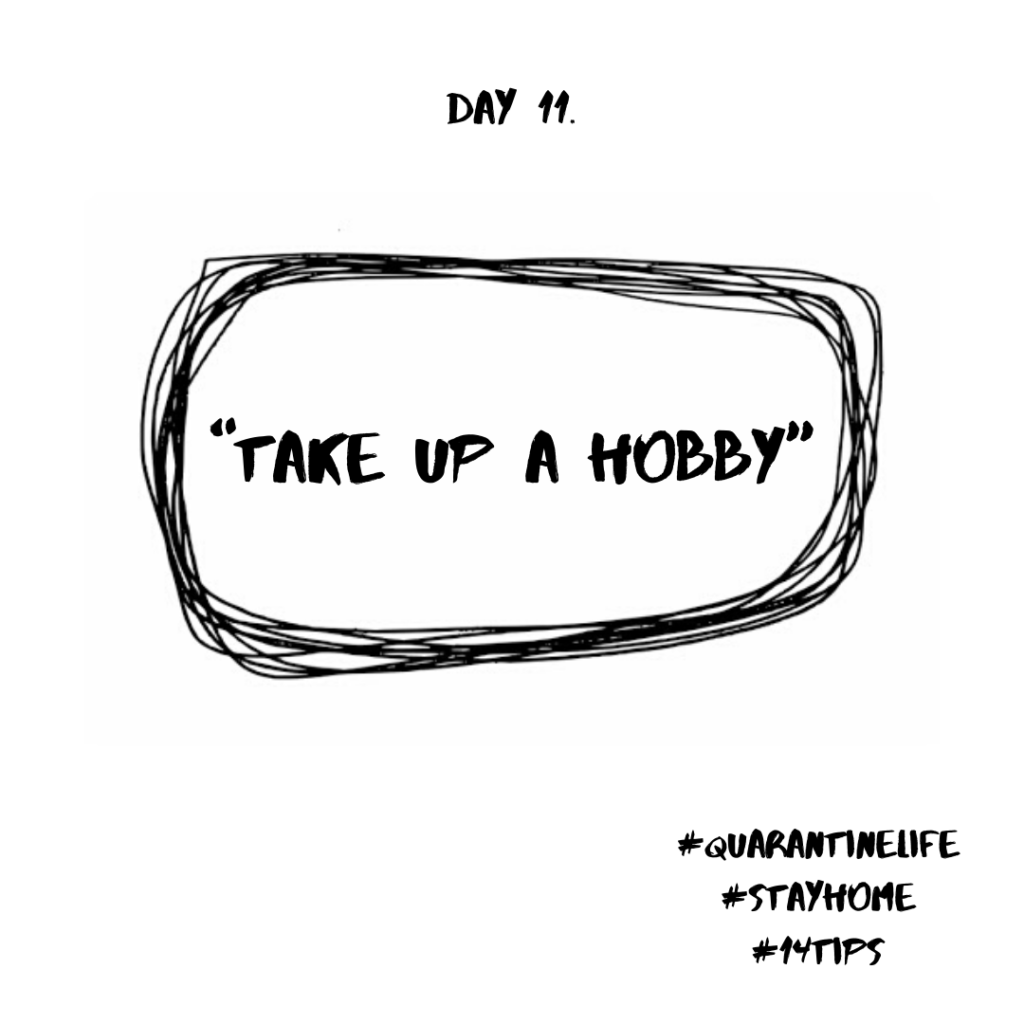
Do you ever wake up in the morning and say “This is the day. After work, I will start practicing this musical instrument/I will start reading this book/I will sign up to that class/I will go running” but you always return tired from work and the only thing you want to do is eat and switch off?
We all do, but guess what? Being in isolation for weeks (or months as it seems), is the perfect time to finally take up that hobby.
Although hobbies are associated with fun, we still need to put some effort into them. So, set aside some time in your day, it may be in the morning before work, or right before you sleep and practice that instrument, start reading that book or go for that run. And stick to the schedule!
Hobbies can be a great mental escape and will help you to disconnect from the world and the grim news of these days.
Also, in normal circumstances, hobbies are a great way to meet people. A report by the Mental Health Foundation found that the 18-to-34-year-olds surveyed were more likely than the over-55s to feel lonely often (12%) and to feel depressed because of loneliness (53%).
Tip #12
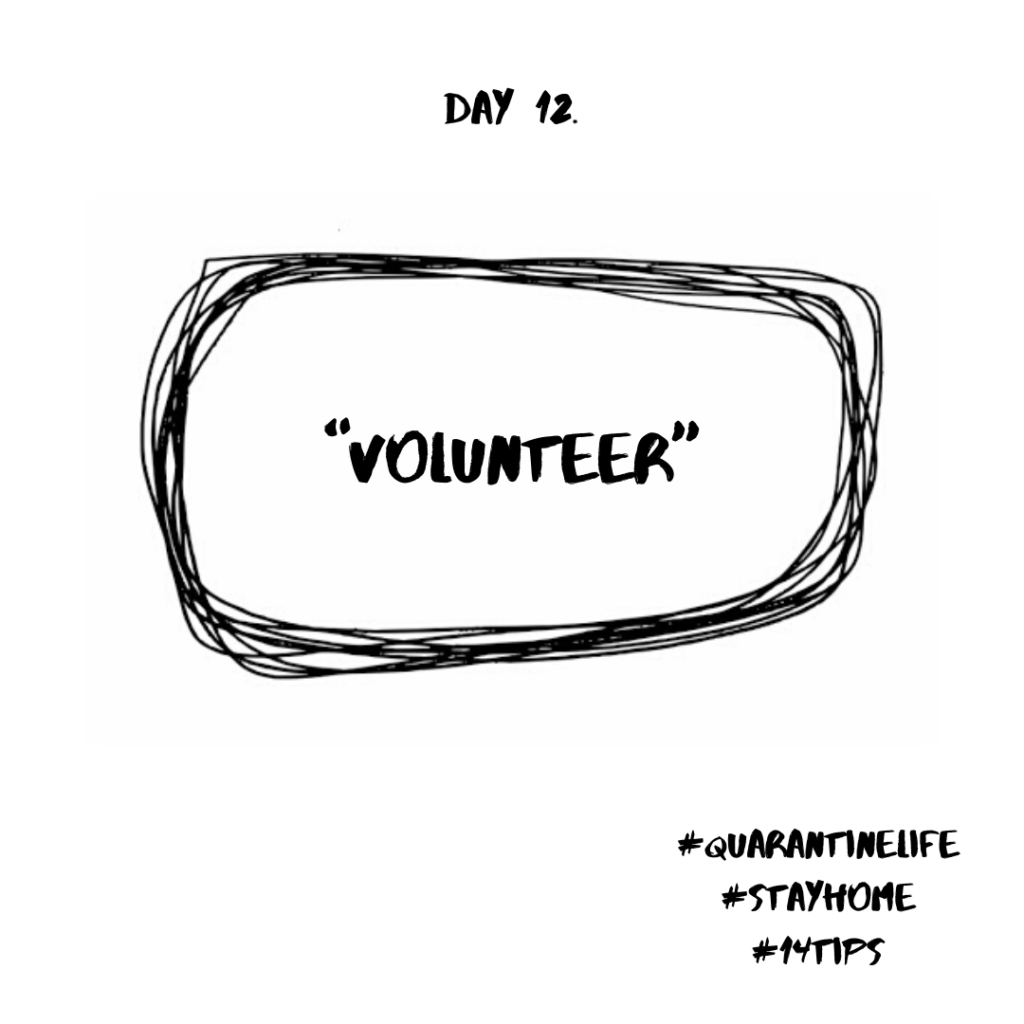
Although most volunteering takes place outside, we can still practice it, even in the time of social distancing.
Many countries have organised volunteer groups led by young people who help older people in their essential daily tasks such as shopping and delivering their groceries to them and getting their medicine from pharmacies.

The Centre will receive requests from Municipalities, communities and other organisations for delivering basic necessities and medicine to vulnerable groups who don’t have a supportive environment (children, relatives, etc) and COVID-19 patients.
Individuals who are interested in signing up to volunteer at the Centre can contact the Office of the Commissioner at +357 22400113.
The Office of the Commissioner has also released an open call for volunteers who will be responsible for delivering groceries and medicine from supermarkets and pharmacies. This process will be coordinated by the Volunteer Management Centre.
People who are interested in signing up to volunteer must fill out the forms in the link below:
Tip #13
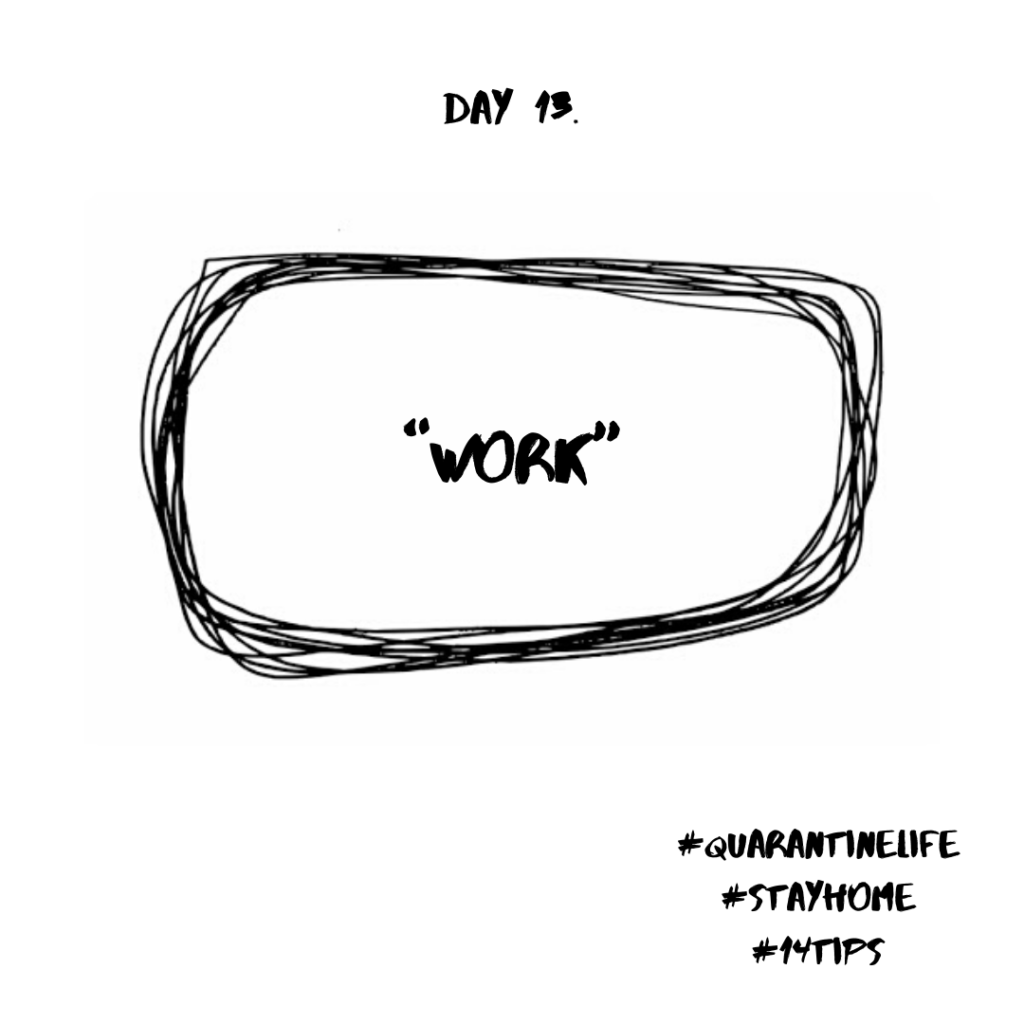
For those of you still have the opportunity to do it, working is a great way to retain some structure in your life, and of course your income!
It looks like that the COVID-19 pandemic will fast-forward the digitalisation of the workplace in Cyprus, as many people are learning how to work remotely.
Zoom, Microsoft Teams and Slack, among others, are terms that we hear daily now.
However, despite being technologically savvy, we must not forget that many young people are economically vulnerable and work jobs that fall under the category of ‘unskilled labour’ which means that most of them can’t work remotely or may have already lost their jobs.
If they had one in the first place. According to the latest Eurostat data (December 2019), unemployment among people aged under 25 in Cyprus was at 14.8%.
Tip #14
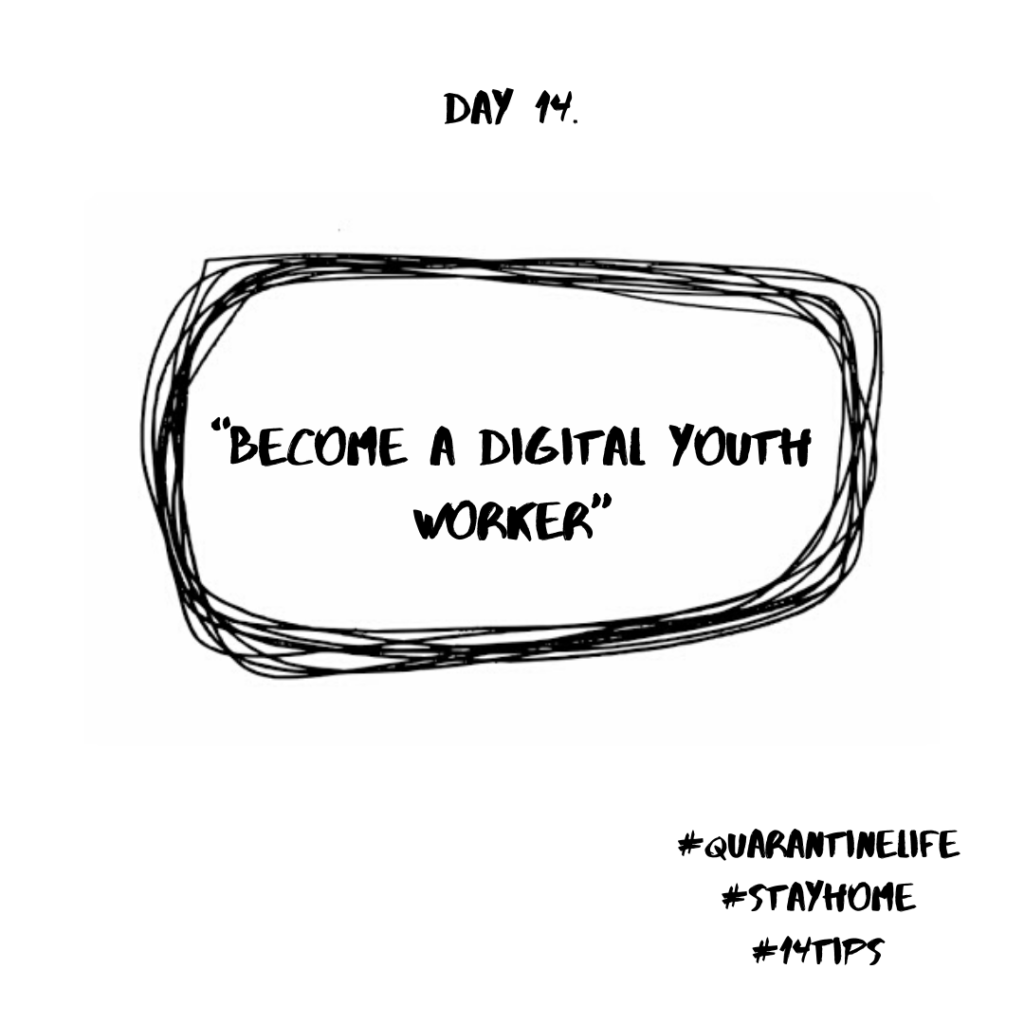
As youth workers adapting to new technologies and situations is part of our job description.
So we can try and use the lemons that the COVID-19 pandemic is and make lemonade!
This means that we can use technology to reach young people and learn about the issues they are facing.
For example, we can create Instagram lives to host conversations or even start podcasts.
It is also useful to keep an eye on what young people are sharing on TikTok. While many of the short videos on the platform seem like they are uploaded just for fun, they often represent serious social issues.
You can visit digitalyouthwork.eu for more ideas and training materials on digital youth work, developed by youth organisations from all over the EU.
